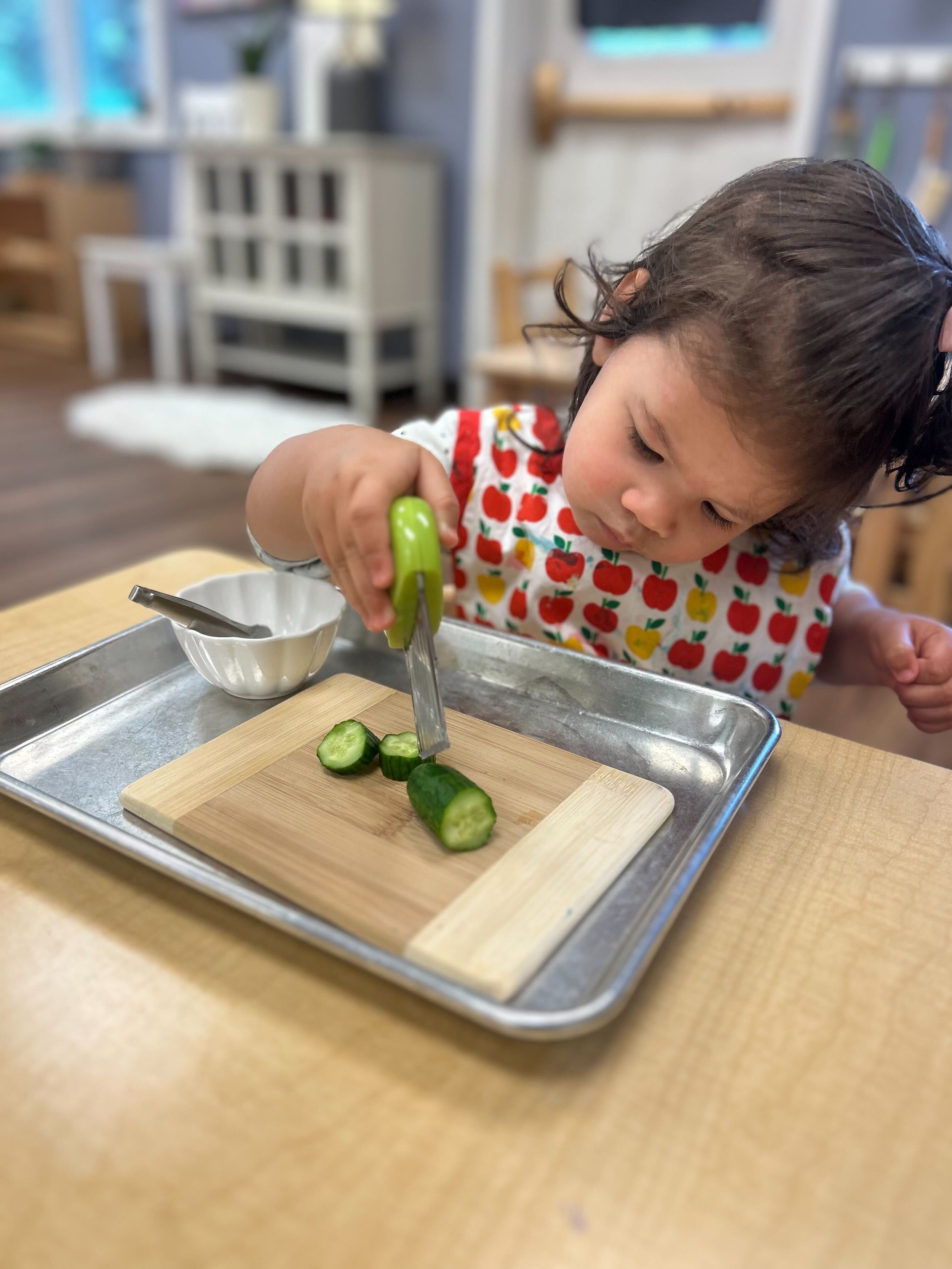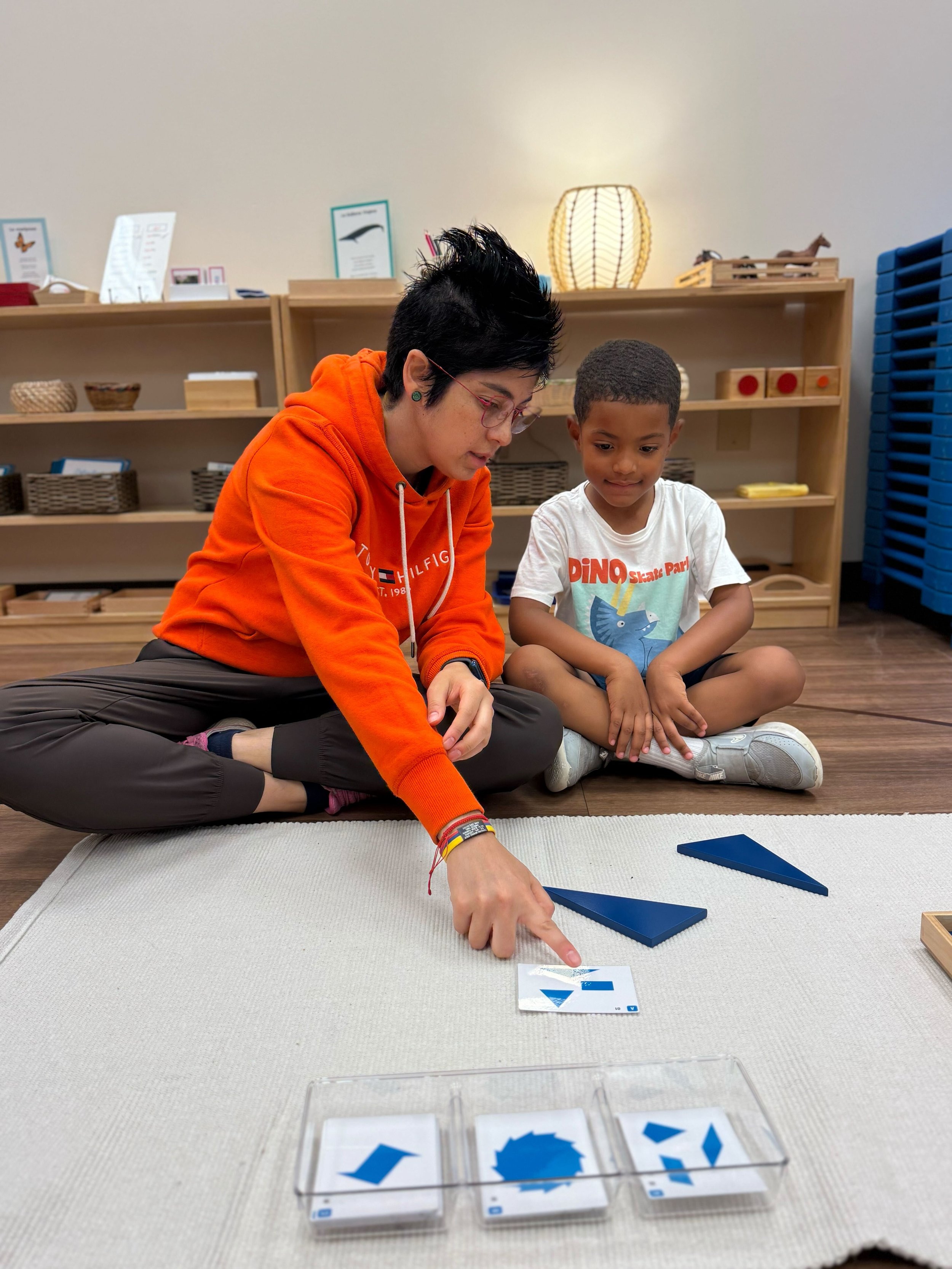Daycare vs. Montessori: What is the Best Fit for Your Child?
As parents, one of the biggest decisions we make is choosing where our child will spend their days. Many families start by searching for daycare or child care, wanting a safe and nurturing place while they’re at work. And while daycare meets a child’s basic needs for safety, meals, and play, Montessori education goes a step further.
At Woods Montessori, your child isn’t just cared for, they are seen and guided as an individual. Instead of group schedules that tell every child when to eat, sleep, or play, Montessori classrooms are carefully prepared environments where children choose purposeful activities, build independence, and follow their natural curiosity.
Why Choose Woods Montessori?
A Home Away From Home – Parents often tell us they feel a sense of warmth the moment they walk in. Your child is welcomed into a calm, beautiful space that feels safe, joyful, and full of possibility.
Individualized Learning – Unlike daycare programs with one schedule for all, Montessori meets your child where they are. Whether your child is ready to explore letters, practice pouring water, or build friendships, our Guides support their unique journey.
Life Skills That Last – Beyond ABCs and 123s, your child gains confidence, independence, and responsibility. Montessori children grow into helpers at home and leaders in the classroom.
Strong Parent Partnership – We see parents as partners in this journey. You’ll receive consistent communication, invitations to observe, and resources that help you bring Montessori principles into daily family life.
Prepared for Life, Not Just School – Daycare is often about keeping children busy. Montessori is about preparing them for the future, helping them develop concentration, problem-solving skills, and self-confidence that will serve them for years to come.
Choosing Woods Montessori means choosing more than child care. It means choosing an environment where your child will be respected, nurtured, and inspired to become the best version of themselves.
In a daycare or traditional child care setting, children are often kept busy with group play or teacher-led activities. In a Montessori classroom, children learn at their own pace, whether that means pouring water, arranging flowers, learning letter sounds, or exploring math materials. They are not just passing time, they are building concentration, confidence, and a lifelong love of learning.
Parents often share that the difference they see is at home. Montessori children want to help set the table, put on their own shoes, or care for a sibling. That’s because in Montessori, real life skills are valued just as much as academics.

